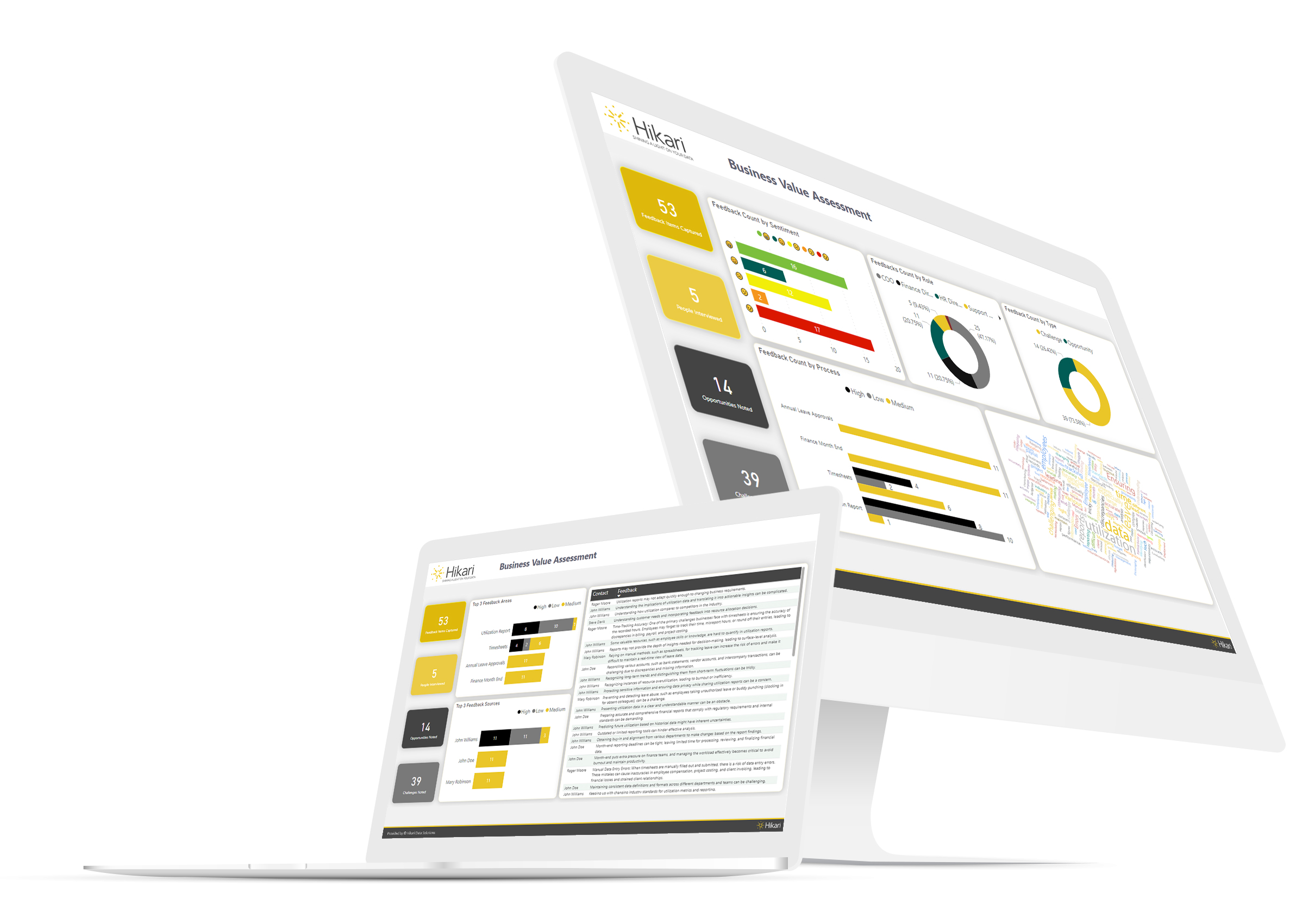While Microsoft’s aim is to equip accountancy firms with technologies to make them self-sufficient, for many, working with an IT provider is still a viable – and preferable – option.
Accountants are looking to become more digitally enabled and efficient across the IT, data analytics, and business optimization spaces. To execute widespread organization change effectively, they need to juggle:
1. Category expertise: rebuilding the tools and systems at the heart of a business requires in-depth understanding of the technology options and capabilities available.
2. Strategic thinking: assessing, and designing new ways of working is challenging—especially when perspectives are biased by existing processes or constraints.
3. Cost efficiency: hiring a senior developer to implement and integrate tools, custom code dashboards, and manage new systems is a big, long-term investment.
Making the shift to next generation technology demands a unique mix of skill sets and benefits—which is where support from a certified Microsoft partner can make all the difference.
Here are three questions you can ask when choosing a Microsoft implementation partner.
1. Am I your target customer?
The ideal customer for a Power Platform specialist, is a business that has some modern work practices, but wants to evolve their processes and offer more value to their customers. For example, it might be that your business hasn’t yet established a process for innovating and streamlining the way you do things. Or, it might be you that still haven’t figured out how to make the most of the data you have available to you.
2. Are you able to work at all levels?
Traditionally, vendor relationships happen at the executive level, with leaders seeking providers that can solve department-level or organisational problems with the right technology. But this is changing. Microsoft partners can start by deploying simple solutions within a single team, process, or line of business. Then, once they’ve proven their value, they can act as a reliable go-between across other teams and leaders.
3. Are you a strategic partner?
Have frank conversations with your prospective partner. Ask them about the threats of gathering technical debt and how it will reduce your capacity to address challenges in the future. Encourage them to propose changes both within and beyond your industry so that you can remain competitive long-term; and let them make it clear that they’re invested in getting you there.
Getting the tools you need to succeed is only ever going to be a positive thing. By better understanding the Power Platform, with support from a trusted Microsoft partner, you’ll have a more in depth understanding of what these tools can do as your firm grows.
Ready to learn more about what the Microsoft Power Platform can do for your business? Download our eBook – Here







